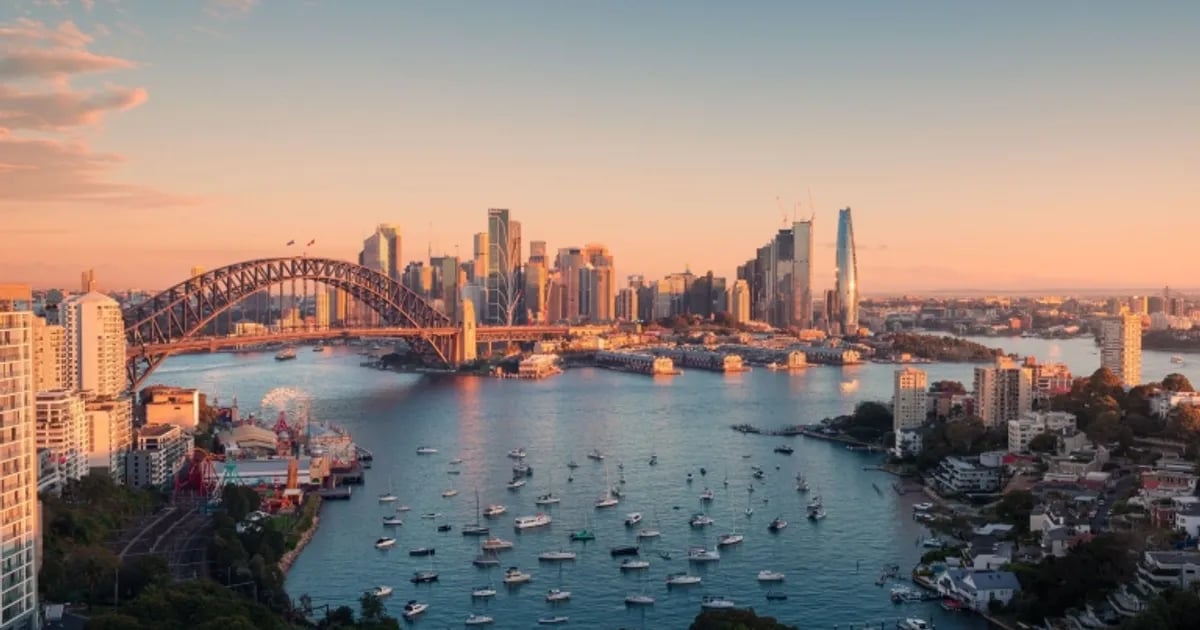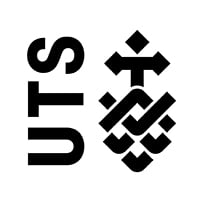Networking is frequently mentioned, but no one has explained why it is so important.
From building life-long relationships to finding a base while entering new environments, networking significantly impacts these processes.
Networking is an integral part of adjusting to new environments. I found that networking boosted the ease of my journey. With the prior networking I had done, I found it easier to navigate through the new world I was faced with.
Reaching out to people through platforms such as LinkedIn or Facebook can increase your chances of finding like-minded people.
My name is Neeharika Chithradurga Arun, I am 24 years old and currently studying for my master's in strategic supply chain management at the University of Technology Sydney (UTS).
This is my journey from the small city of Mysore (Karnataka), to a city with a bustling peak for industry; Sydney (Australia).

Schooling
High School
I attended Swami Vivekananda Education Institution (Malur, Kolar) for my high school.
Bachelor's
I studied the industrial and production sector at the National Institute of Engineering in Mysore.
My Journey
Choosing Australia
I originally applied to German universities due to the wide range of career opportunities available. Germany has a greater scope in the industrial and production sector, which was one of my main reasons to travel out of India. However, while I was applying, my friend recommended Australian universities. She was studying for her master's at the University of Melbourne and told me to try.
After applying to a couple of universities in Australia, I got an acceptance letter from UTS. While I was applying for my Australian Visa, the German universities reached out to me to confirm my acceptance, which was a lot later than I had expected. Furthermore, the German semester started 6 months after the Australian semester, and since I did not want to wait for my education, I was drawn towards Australia. Therefore, I rejected acceptance to the German universities.

Choosing UTS
Though there are many great universities scattered around Australia, during my application, my desired course at UTS was ranked within the top 10 in the country, making it appealing.
Not only this but UTS is known for its advancement in technology and engineering, with its hands-on culture predominant (as with most other Australian universities) throughout its courses—a significant difference from India's textbook-based theory learning scheme.
Stats
State Board: My percentage was 96.60%
My score for the IELTS was 8
My GPA during my bachelor's was 8.5
Extracurriculars
An extracurricular activity that I have continuously pursued is the violin. Throughout high school and university, I have continued to develop my skills in it.
Another project that I invested my time into is working with NGO's to tutor orphan children from where I live, who are disadvantaged and require help to succeed. I did this as a volunteering project and was very happy to see many students bloom and thrive in education. An example that still lives close to my heart was of a boy from the orphanage who was only scoring 50s. With the organisation's help, we were able to raise the grade to 70, which was a huge achievement and one I am very proud of him for.
Trekking was another activity that I was highly interested in. With my friends, I have travelled to probably every peak in the state of Karnataka, and continue to explore new places. Adventure is a significant part of my life; the freedom, nature and experience all adding up to a wonderful time. The cherry on top is spending time with my friends while doing so!
IDP Education
What is the IDP?
IDP Education is an organisation that supports international students with the application and ease of settling into Australia. It works with students to help them apply and gain entry into their desired universities. While they do not guarantee your acceptance, it does assist with the application process. Applying through this organisation is not mandatory for any international applicants.
What does the IDP Manage?
IDP manages all aspects of your application, from test scores to your SoP. This means that your application is taken good care of, and nothing is forgotten to submit. Your TOEFL/IELTS score is also linked to the IDP, further simplifying the process. None of this is disclosed, and this is a trustworthy site that many international students who apply abroad use. With the help of the IDP, you can list your desired courses, and a counselor will provide you with a list of universities that you can apply to run these courses. IDP also provides international students with scholarships if necessary/eligible.
Benefits
Not only does the IDP assist with the application process, but it also helps you connect with people from similar backgrounds to you. After you have gained entry into a university, IDP organises sessions to help you connect with other people from your area who are also going to Australia. This provides the advantage of having like-minded people that you can connect with beforehand, and overall boosting your experience. With pre-made friends, I have found it easier to settle into a new place, since I had people I could turn to. Furthermore, IDP offers you a personal counsellor to work with any/all communications between you and the university, offering you optimal efficiency. This counsellor also provides advice and guides you through the process. This counsellor, however, will not be able to review your application.
Disadvantages
The IDP, like most other organisations, requires you to provide a fee for its use. The application through IDP also does not guarantee your placement, which results in the occasional unconventional expenditure of money.
Another small disadvantage that my friends and I have also seen is that the IDP pushes you towards particular universities that they partner with. This does not affect your application as a whole, however, it can get a little overwhelming.
How to Apply to IDP?
To apply, you must go to the IDP website (as found here). Once you have read through the details, you can start your application using the "apply here" button on the website.
Expenses
Cost of Living
Currently, I pay around $240-250 (AUD) for rent, however, campus residence is more expensive, with each student paying around $500-600.
You can find a table of approximate living costs below or on the IDP website.

University Course Fees
You can find an approximate university course fee table below or on the IDP website.

Universities in Australia
Top Universities List
Australia offers a multitude of courses in some of the highest-ranking universities worldwide. A few common universities that are highly ranked include:
The University of Melbourne - Ranked QS #13
The University of Sydney - Ranked QS #18
The University of New South Wales - Ranked QS #19
Australian National University - Ranked QS #30
Monash University - Ranked QS #37
The University of Queensland - Ranked QS #40
The University of Western Australia - Ranked QS #70
The University of Adelaide - Ranked QS #82
The universities above are also referred to as the Go8 (Ivy League universities of Australia). More information about Go8 can be found here.

The complete list of universities can be found here.
Networking
Using LinkedIn
While I was looking for places to stay in Sydney and learning about the area, I used LinkedIn as a means of communication. While looking for places to rent, I often communicated with those who had already settled in the area, who guided me on how to do the same. These people can also help me to this day if I require them. Using LinkedIn and similar platforms is a great way to find out who and where your local community is.
Furthermore, while LinkedIn is also great for communication before, it is just as useful while looking for jobs in the city. LinkedIn often has job listings that you can use to find something either part-time for your expenses or full-time once you have completed your studies. However, it is important to note that not everyone will respond to you. Out of about 20 people you reply to, you will only receive a response from around 3.
Scholarships/Financial Aid
For my Master's, I received a 35% scholarship, which covered my tuition fees only. For this, I told my counselor that I would require financial aid, and the rest of the application was handled by the IDP. The IDP can provide you with scholarships if you require them, which is another upside to applying through the system.



